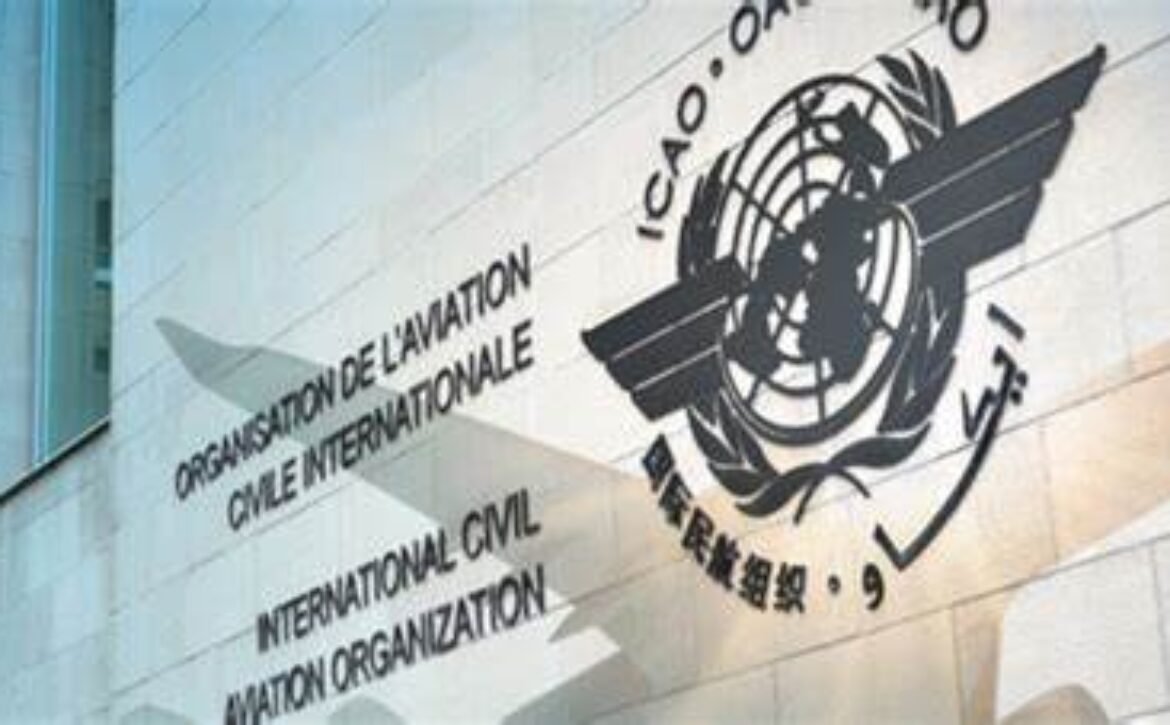Progress towards an ICAO Global Framework for cleaner energy in aviation
ICAO has successfully concluded a round of consultations with States towards advancing an ICAO Global Framework for Sustainable Aviation Fuels (SAF), Lower Carbon Aviation Fuels (LCAF) and other Aviation Cleaner Energies for adoption at the upcoming Third Conference on Aviation and Alternative Fuels (CAAF/3).
Opening on 25 September 2023, the two-day consultation event, known as the Pre-CAAF/3 Outcomes Consultation, brought over 600 participants, delegations from 95 States and 19 International Organizations to ICAO Headquarters in Montreal, where they focused on potential outcomes of CAAF/3, which will take place in Dubai, United Arab Emirates, from 20 to 24 November 2023.
“ICAO’s highest priority is implementing the long-term global aspirational goal (LTAG) for international aviation of net-zero carbon emissions by 2050, and the cleaner energy component is expected to deliver the most significant contribution toward decarbonization,” remarked ICAO Council President Mr. Salvatore Sciacchitano in his opening address. “CAAF/3 offers an excellent opportunity to implement a crucial component of the LTAG, setting a global framework under ICAO, through the building blocks of policy and planning, regulatory framework, implementation support, and financing.”
During the meeting, participants exchanged views on the importance of a global ICAO regulatory framework on SAF, LCAF, and cleaner energy to provide transparency, certainty and stability to States, industry and the financing community. Discussions touched on potential policies aimed at promoting the uptake of cleaner energy, and the role of various aviation and energy stakeholders in supporting this work.
Finally, the consultation tackled financial aspects, exploring funding mechanisms to accelerate the development and deployment of sustainable aviation fuels, through innovative solutions to stimulate investments in cleaner energy for aviation.
“States and organizations have been able to fully engage in the process, and we have been able to understand each other’s views. We have identified where the convergence and differences exist in the building blocks of the ICAO global framework,” commented ICAO Secretary General Mr. Juan Carlos Salazar. “We are now in a better position to prepare for a successful outcome at CAAF/3, which is less than two months away.”
Original article: Progress towards an ICAO Global Framework for cleaner energy in aviation
Author: Vicky Karantzavelou
First published on Travel Daily News Feed




